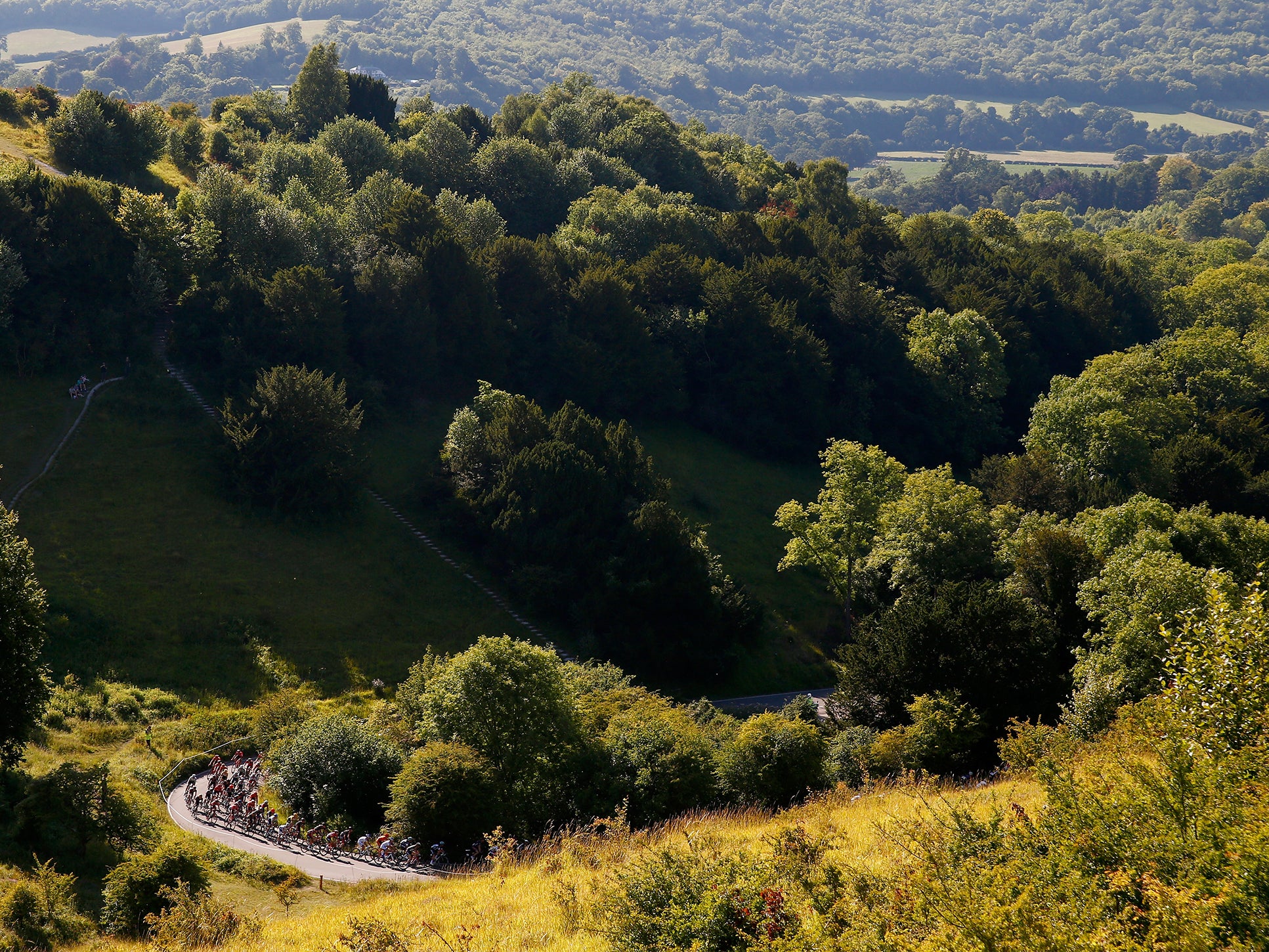The RideLondon cyclist's death is tragic, but compulsory medical checks can only harm it
Adding in extra criteria will only put off riders and change the open nature of a race that traditionally welcomes both amateurs and professionals


Your support helps us to tell the story
From reproductive rights to climate change to Big Tech, The Independent is on the ground when the story is developing. Whether it's investigating the financials of Elon Musk's pro-Trump PAC or producing our latest documentary, 'The A Word', which shines a light on the American women fighting for reproductive rights, we know how important it is to parse out the facts from the messaging.
At such a critical moment in US history, we need reporters on the ground. Your donation allows us to keep sending journalists to speak to both sides of the story.
The Independent is trusted by Americans across the entire political spectrum. And unlike many other quality news outlets, we choose not to lock Americans out of our reporting and analysis with paywalls. We believe quality journalism should be available to everyone, paid for by those who can afford it.
Your support makes all the difference.The news that a 55-year-old man collapsed and died while taking part in yesterday's Prudential RideLondon-Surrey 100 cycle sportive is a reminder of the challenge such an event presents.
While the Ride 100 is a brilliant enterprise that has captured the cycling zeitgeist, and in the three years of its existence has given tens of thousands of people a fantastic day in the saddle, it is awful that deaths have now occurred two years running - last year's the result of a heart attack, as early reports suggest this year's is also.
At 100 miles, and with three quite tough climbs around the halfway mark in Surrey, the ride is no cakewalk. It is not a “fun” ride like London to Brighton in which people stop at the pub along the way. It takes its inspiration from the road race in the 2012 Olympics and is modelled on mass-start sportives like the Etape, the amateurs' stage of the Tour de France. And while it is far less challenging than the mountain stage that always comprises the Etape, it still asks a lot of its 25,000 entrants.
The ride, the organisers say, is designed to appeal to the keen recreational cyclist as well as the more experienced sportive rider, which is possibly underplaying what it involves. To get round without recourse to walking up the climbs requires a high level of cycling fitness and no little mental strength. The best riders yesterday were completing the route in four hours, but many people needed twice that long. It’s a considerable test of stamina for anyone who has a day job, and that’s its attraction in an age when in their spare time more and more people are looking to put themselves to some kind of physical test.
Fifteen years ago it would have been inconceivable that 86,000 people could be found who might be interested in doing a ride like yesterday’s. Cycling in the sporting sense was a niche activity, even a dying one as far as some clubs were concerned. It was the same with commuter cycling. In many people’s eyes, to ride a bike was to be a loner, an eccentric.
Now the sportive scene has exploded. Summer weekends the keen cyclist has a plethora of events to choose from – rides of 60, 70 miles or more, and the hillier the better. The Mamil – a middle-aged man in Lycra – is now a recognisable social type. Mockable though he is – and as a participant in yesterday’s ride I am certainly one of them – he represents a rejection of the sedentary lifestyle.
It’s because sportive riding can be so demanding that you have to produce a medical certificate to be allowed to enter the Etape and similar rides. The Ride 100 could go down that route, but it would change the nature of the event and put a lot of people off. Nor would it be a guarantee of anything.
The organisers have created something truly remarkable, of which its open-to-all aspect is – as with the London Marathon - a key element, not least because, as also with the London Marathon, it encourages sponsorship for good causes that generates millions of pounds. It needs to stay that way.
Join our commenting forum
Join thought-provoking conversations, follow other Independent readers and see their replies
Comments